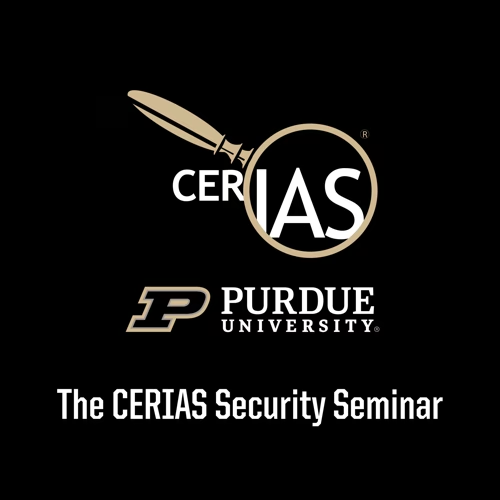
CERIAS Weekly Security Seminar – Purdue University
Cristina Nita-Rotaru, Secure Network Coding for Wireless Mesh Networks
In this talk we identify two general frameworks (inter-flow and intra-flow) that encompassseveral network coding-based systems proposed in wireless mesh networks. Our systematicanalysis of the components of these frameworks reveals vulnerabilities to a wide range of attacks,which may severely degrade system performance. We then focus on addressing the most severeand generic attack against network coding systems, known as packet pollution attack. We showthat existing cryptographic mechanisms that were proposed to solve the problem have a prohibitivecost that makes them impractical in wireless mesh networks. We propose the first practical defensemechanisms to pollution attacks in network coding for wireless mesh networks. The experimentalresults show that the proposed mechanisms can effectively filter out polluted packets and quicklyidentify and isolate attacker nodes while incurring small computation and bandwidth overhead. About the speaker: Cristina Nita-Rotaru is an Associate Professor in the Department of Computer Science at Purdue University where she established the Dependable and Secure Distributed Systems Laboratory (DS2).She is a member of the Center for Education and Research in Information Assurance and Security (CERIAS) and is associated with the Center for Wireless Systems and Applications (CWSA) at Purdue University.Her research interests lie in designing distributed systems, network protocols and applications that are robust to failure, mis-configuration, and malicious attacks. Cristina Nita-Rotaru is a recipient of the NSF Career Award in 2006. She has served on the Technical Program Committee of numerous conferences in security, networking, and distributed systems. She is currently serving as an Associate Editor for ACM Transactions on Information Security and Elsevier Computer Communications.
Senaste avsnitt
En liten tjänst av I'm With Friends. Finns även på engelska.